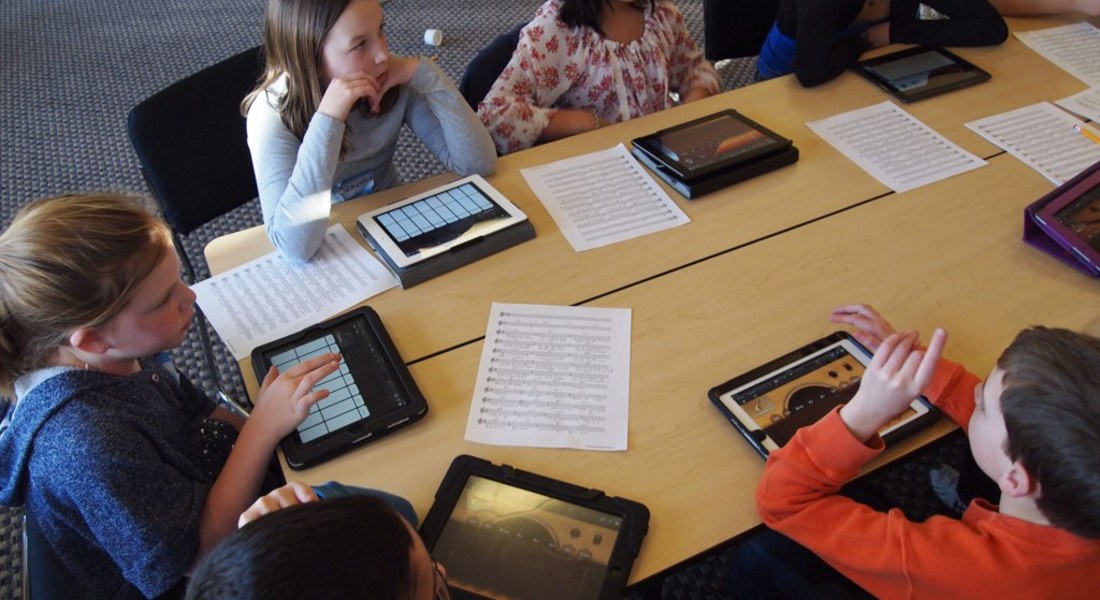We use cookies to help provide you with the best experience using our website.
If you're happy to accept cookies, continue to browse our site or click 'x' and we'll close this message.
Learn more
Will buying an iPad help your son to read?
In the run up to Christmas, headlines such as “Turn to tablets to get boys reading, parents told” might well influence the shopping lists of mums and dads. After all, who wouldn’t want their child to read well? This Daily Telegraph article reported that “children aged three to five often read for longer and had a better vocabulary when accessing touch-screen technology”. If true, these findings could put pressure on parents and schools to invest in expensive technology, so these types of claims need to be based on strong evidence. So we contacted the authors of the report that this story was based on, National Literacy Trust and Pearson, to ask for the evidence supporting these claims.
The principal author, Dr Susie Formby, sent us a link to the full report, which was based on a survey of 1,012 parents and the reading habits of their children. Survey results can often be quite complex and it wasn’t immediately clear whether these results supported the headline claims in the Telegraph article – so we asked an independent researcher, Jayesh Shah of Ipsos MORI, for his opinion (his thoughts presented here are independent of any views of Ipsos MORI).
He had some good things to say about the study, namely that the survey was “of a good overall sample size” and that YouGov, who carried out the survey, were a “respected polling agency.” However, there were problems. He pointed out that by sampling online they may have underrepresented parents without touchscreen devices. But in regards to our main query, he said “The claim that children read stories on touchscreens for longer than stories in print isn’t borne out by the report in my view” (see graph below). Shah questioned the vocabulary results, as they only had a sample of 183 children, and the “representativeness of the subsample that took part in the vocabulary test is unknown.” In addition, “The correlations between vocabulary and touchscreen reading seem to be weak in places” and the analysis “does not control for other factors such as parent education and social grade (indicators on which I think the sample might be skewed).”
It seems this evidence isn’t reliable enough to support the claim in the Telegraph, that parents should be turning to tablets and away from books to improve their child’s reading.
Image by Brad Flickinger (CC BY-NC 2.0)




